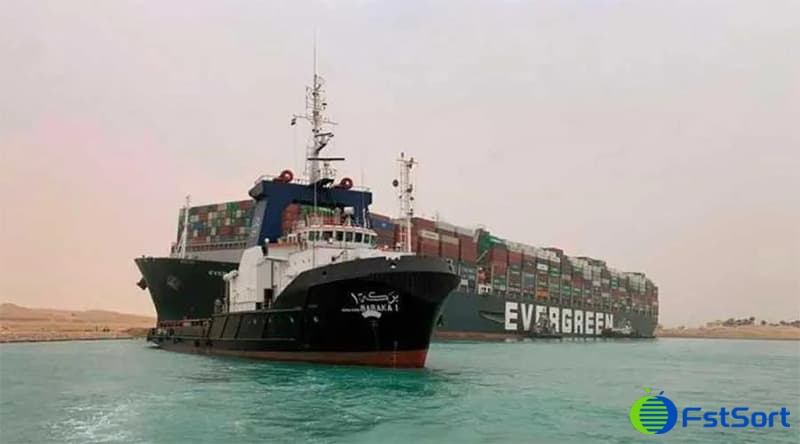The "ship jam" incident on the Suez Canal has greatly affected the fruit and vegetable trade in Europe and Asia. A few days have passed since the Suez Canal, a huge cargo ship with a total length of 399.98 meters and a width of 58.80 meters, stranded on March 23. There has been no substantial progress in escape work, and the impact of the incident is gradually expanding. With a large number of ships queuing to enter the canal, the deadlock may have a serious impact on the export of fruit and vegetable products from major supplier countries such as New Zealand, India and other parts of Asia.

Many traders are constantly concerned about whether the ships carrying their products will eventually have to sail around South Africa, and this route is estimated to add about ten days to the journey on average.
A New Zealand apple exporter said that their first shipment of this season was also trapped in a long queue congested in the Suez Canal. "The shipping company is waiting to see if some cargo ships (must) be diverted through the Cape of Good Hope," he explained. "If there is a change of route, I think it may increase the transportation time by one to two weeks." For many companies engaged in the long-distance export of fresh fruits and vegetables, the impasse in Suez has added new difficulties to this unpredictable season. Due to various reasons mainly due to the epidemic, the reliability of transportation services is far lower than previous years, and temporary changes to timetables occur frequently.
"The Suez issue will severely affect (Europe) trade with the Red Sea, the Middle East, India/Pakistan, Asia, Australia and New Zealand," she said. "We expect that at least throughout April, the supply of containers (dry cargo and reefer containers) will be greatly reduced, because most ships are from Asia and are trapped in Suez. Shipping companies have announced that they will stop accepting orders for these destinations. I'm afraid It will take several weeks or even months to return to normal conditions. But since the beginning of this year, there has been no "normal" status in global shipments."